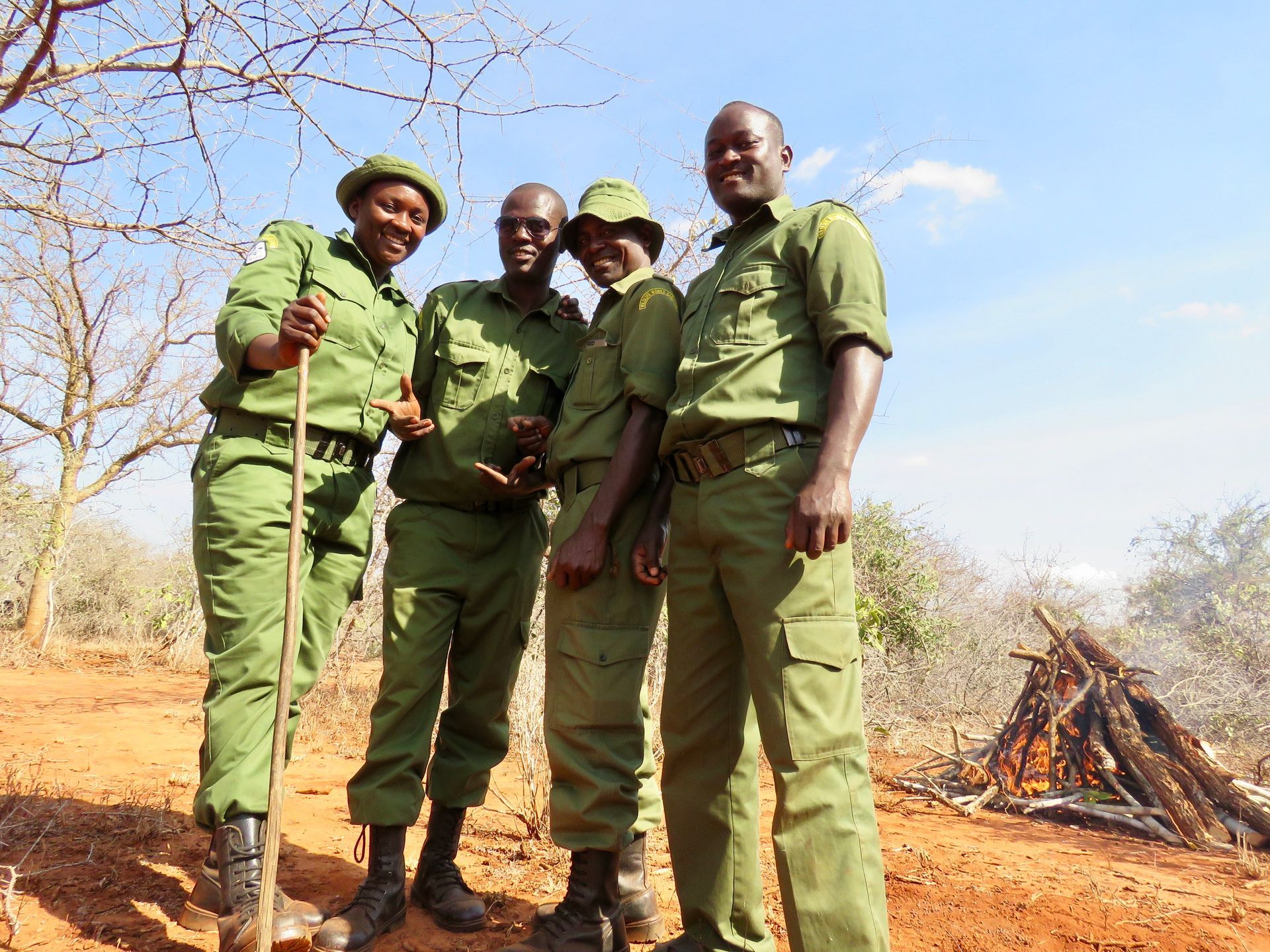Wildlife Conservation Efforts: What It Takes.

Wildlife conservation efforts in Africa play a crucial role in saving wildlife populations and protecting biodiversity.
As many people know, Africa is home to a vast array of iconic and endangered species, including elephants, rhinos, lions, giraffes, and many others. These species face many threats, including habitat loss, poaching, illegal wildlife trade, climate change, and human-wildlife conflict.
Strong conservation initiatives are needed to address these threats and ensure the long-term survival of wildlife populations. Some key strategies and approaches include:
- Protected Areas: Establishing and managing protected areas, such as national parks, wildlife reserves, and community conservancies, to provide safe habitats for wildlife and conserve ecosystems. This is ongoing.
- Anti-Poaching Efforts: Implementing anti-poaching patrols, employing ranger teams, and deploying advanced technology, such as drones and GPS tracking devices, to combat poaching of endangered species, such as elephants and rhinos, for their ivory and horn. More boots on the ground are needed in many reserves.
- Community Engagement: Involving local communities in conservation efforts by providing alternative livelihoods, supporting sustainable development projects, and empowering communities to manage natural resources sustainably. Giving people value and dignity in their livelihoods, ideally with choices.
- Conservation Research and Monitoring: Conducting scientific research, monitoring wildlife populations, and gathering data on species abundance, distribution, behavior, and health to inform conservation strategies and management decisions.
- Translocation and Reintroduction: Translocating threatened species to safer habitats, reintroducing species to former ranges where they have been extirpated, and establishing breeding programs to boost populations of endangered species. This is happening in many countries in Africa, such as Mozambique, Uganda, South Africa, and others.
- Public Awareness and Education: Raising awareness among policymakers, stakeholders, and the public about the importance of wildlife conservation, the value of biodiversity, and the need for sustainable practices. Without education and awareness, the problems will continue.
- International Cooperation: Collaborating with international organizations, governments, NGOs, and conservation agencies to coordinate efforts, share best practices, mobilize resources, and address transboundary conservation challenges. Everyone needs to be in it to win it; not be persuaded by money, or benefit from a handout.

Public figures, including celebrities, politicians, athletes, and influencers, play a crucial role in conservation efforts due to their ability to reach and influence large audiences. Here are some ways in which public figures can contribute to conservation:
- Promoting Eco-Tourism and Responsible Travel: Public figures who travel frequently can promote eco-tourism and responsible travel practices. They can highlight destinations that prioritize conservation, promote wildlife conservation projects, and encourage their followers to minimize their impact on the environment when traveling.
- Using social media for good: Public figures can harness the power of social media to amplify conservation messages and mobilize their followers to act. By sharing compelling content, engaging with their audience, and participating in online campaigns, they can reach millions of people and inspire positive change.
While wildlife conservation efforts in Africa face many challenges, including limited funding, political instability, and conflicts with human development, they have made significant strides in protecting and restoring wildlife populations. However, ongoing commitment, collaboration, and innovation are essential to ensuring the continued success of conservation efforts and the preservation of Africa's rich biodiversity for future generations. The youth are the future ambassadors of this incredible continent.
